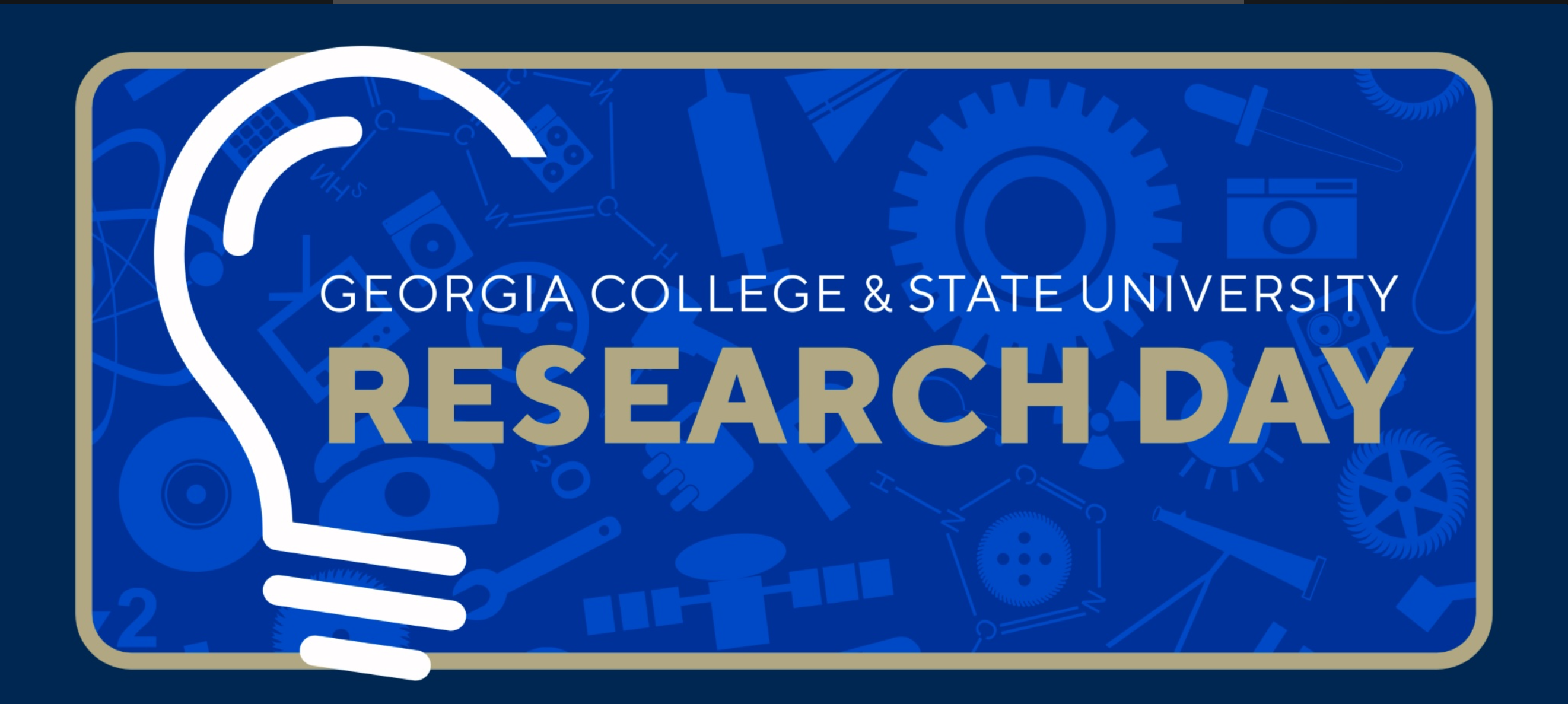"Part of the Grand Machinery": General William T. Sherman's Influence on Reconstruction Policy in the American South
Faculty Mentor(s) Name(s)
Dr. James Welborn
Abstract
This senior thesis is an investigation of the impact of Union General William T. Sherman’s actions during the Civil War, specifically those within his March to the Sea, had on Reconstruction, done through an analysis of primary references to Sherman in postwar works by politicians, freedmen, women, and others involved in three areas of Reconstruction efforts. The three areas are: harshness of treatment, race relations, and military presence. Sherman’s harsh treatment of the Confederate states as a result of his policies of hard war during his March to the Sea can be paralleled with the Radical Republicans’ policies for Reconstruction and their belief that such treatment was the only way to subdue that states and bring them back into the union. In this way, Sherman used force in war to defeat the Confederacy, and the Radical Republicans used force in peace to metaphorically do the same. In terms of race relations, Sherman treated freedmen as an issue to be dealt with, just as the federal government did in the Reconstruction era. Sherman’s military presence and takeover of Georgia during his March to the Sea played a role in influencing the federal government to implement statewide military regimes into each of the former Confederate states as a means of keeping them in check and “helping them” along in the Reconstruction process. Thus, Sherman was a semi- prototype for federal policies in the Reconstruction South and a precursor for the fates of those who lived in the states: the expansion of Northern influence on the South and hollow attempts at equality and reformation.
Start Date
27-3-2024 1:20 PM
End Date
27-3-2024 1:28 PM
Location
Arts and Sciences 2-72
"Part of the Grand Machinery": General William T. Sherman's Influence on Reconstruction Policy in the American South
Arts and Sciences 2-72
This senior thesis is an investigation of the impact of Union General William T. Sherman’s actions during the Civil War, specifically those within his March to the Sea, had on Reconstruction, done through an analysis of primary references to Sherman in postwar works by politicians, freedmen, women, and others involved in three areas of Reconstruction efforts. The three areas are: harshness of treatment, race relations, and military presence. Sherman’s harsh treatment of the Confederate states as a result of his policies of hard war during his March to the Sea can be paralleled with the Radical Republicans’ policies for Reconstruction and their belief that such treatment was the only way to subdue that states and bring them back into the union. In this way, Sherman used force in war to defeat the Confederacy, and the Radical Republicans used force in peace to metaphorically do the same. In terms of race relations, Sherman treated freedmen as an issue to be dealt with, just as the federal government did in the Reconstruction era. Sherman’s military presence and takeover of Georgia during his March to the Sea played a role in influencing the federal government to implement statewide military regimes into each of the former Confederate states as a means of keeping them in check and “helping them” along in the Reconstruction process. Thus, Sherman was a semi- prototype for federal policies in the Reconstruction South and a precursor for the fates of those who lived in the states: the expansion of Northern influence on the South and hollow attempts at equality and reformation.


